Building a trusting relationship with your furry friend is one of the most rewarding aspects of being a dog owner. However, this bond doesn’t form overnight. It requires patience, understanding, and consistency. Just like any relationship, it’s built on mutual respect and communication. Here, we will delve into 10 habits that can help you create a solid foundation of trust with your dog, as well as 5 habits that might unknowingly harm this bond.
Understanding Your Dog’s Body Language
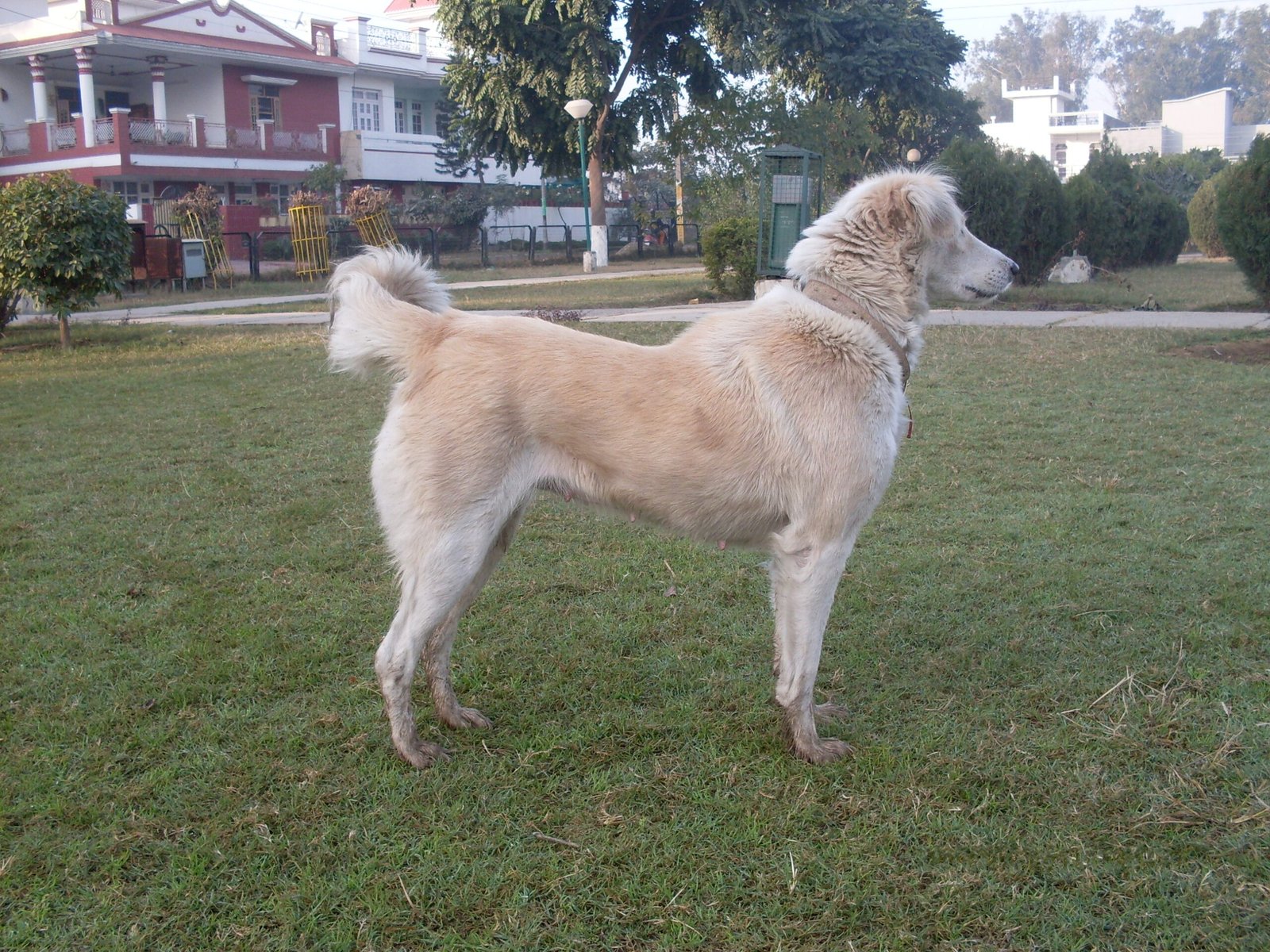
Understanding your dog’s body language is crucial in building trust. Dogs communicate primarily through body signals, and being able to read these can help you respond appropriately. For instance, a wagging tail can mean happiness, but if it’s stiff, it might indicate unease. Similarly, a dog that turns away or avoids eye contact might be feeling anxious. By recognizing these signs, you can adjust your behavior to comfort your dog, showing them that you understand and respect their feelings. This understanding lays the groundwork for trust, as your dog will feel seen and heard.
Consistency in Commands
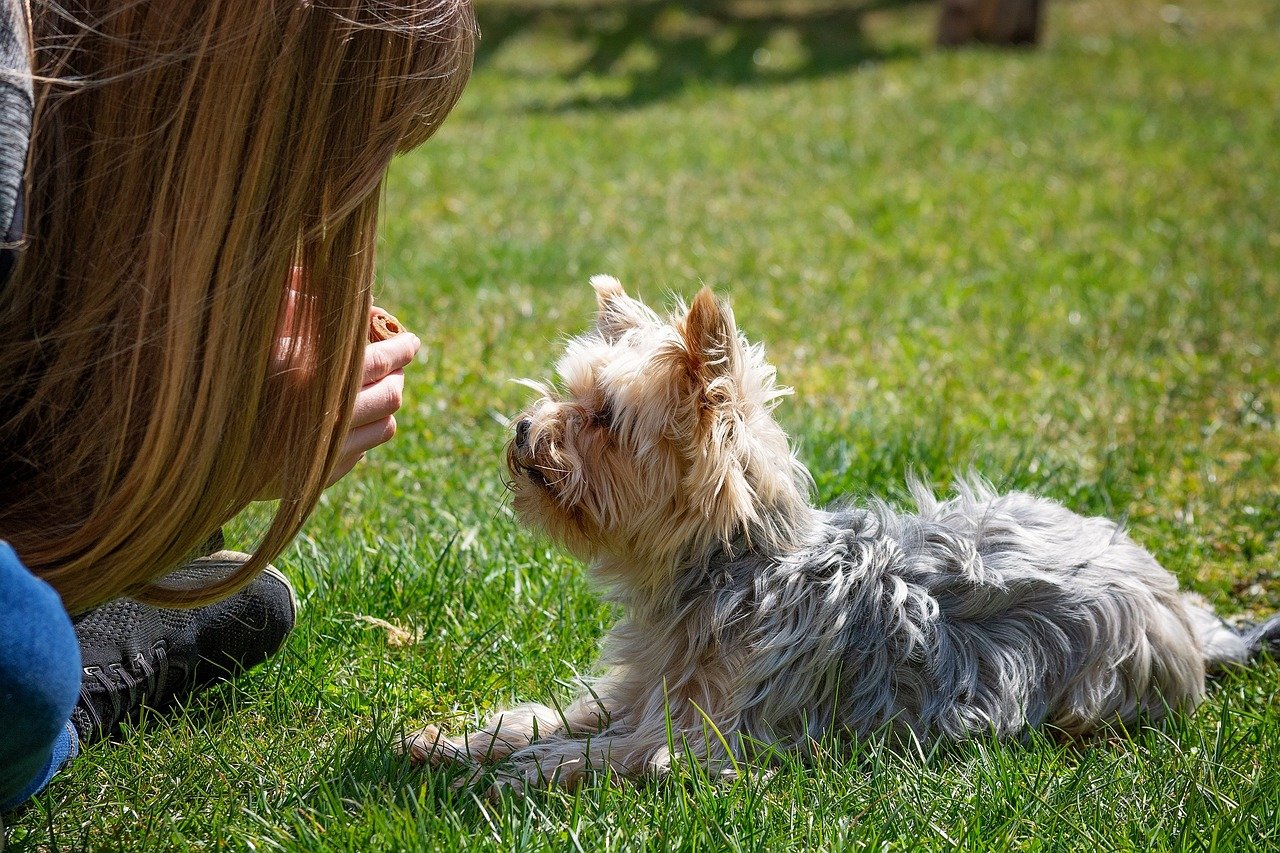
Being consistent with commands is another way to build trust with your dog. Dogs thrive on routine and predictability. If you use the same command words and gestures every time, your dog will know what to expect. This consistency helps them feel secure and builds their confidence in you as a leader. For example, if you always say “sit” and reward them with a treat when they comply, they will start to trust that following your commands leads to positive outcomes. Consistency reassures your dog that they can rely on you, which strengthens your bond.
Positive Reinforcement
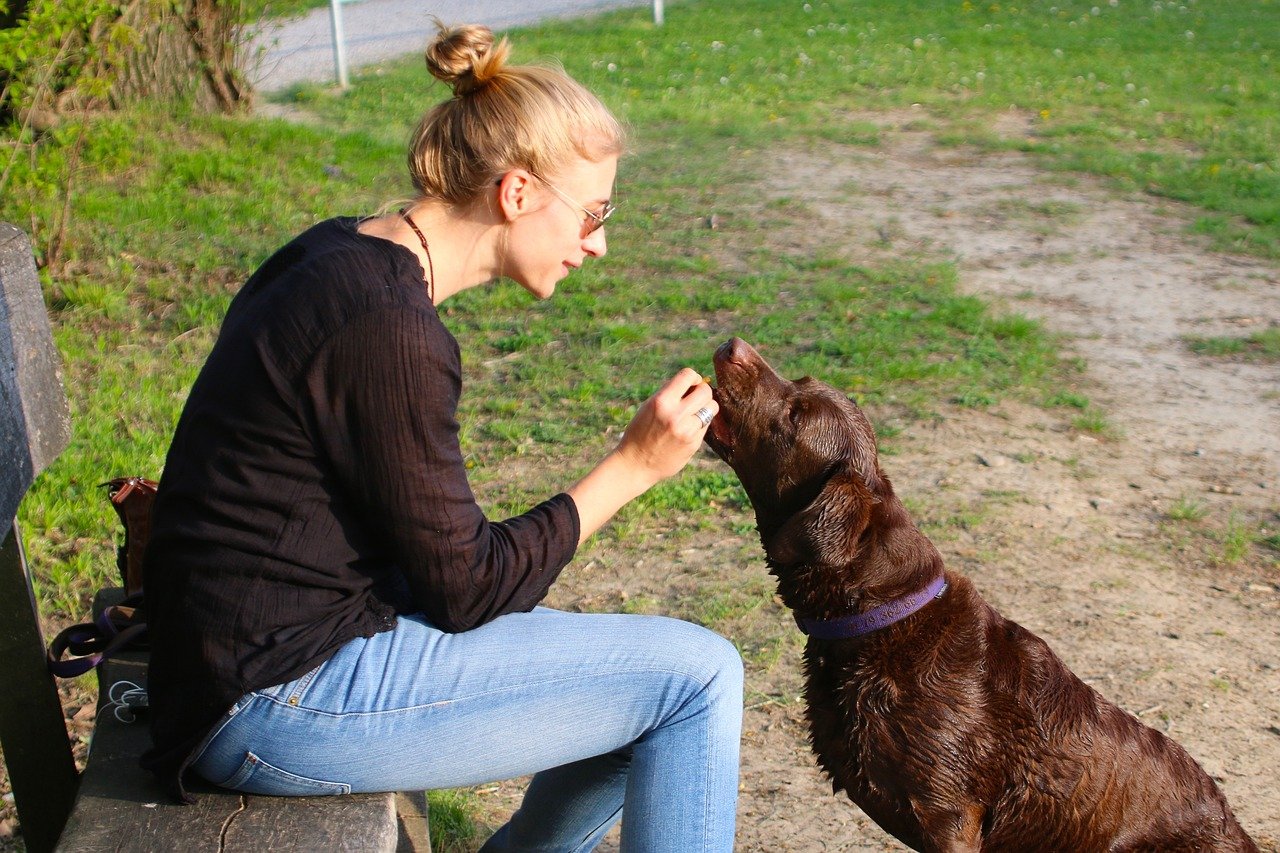
Positive reinforcement is a powerful tool in building trust with your dog. Rewarding your dog for good behavior encourages them to repeat those actions. This method is not only effective but also fosters a positive relationship. Instead of focusing on what your dog does wrong, highlight their successes with treats, affection, or playtime. This approach shows your dog that you are a source of positivity and happiness, making them more inclined to trust you. Remember, a little praise goes a long way in strengthening your bond.
Respecting Your Dog’s Space

Just like humans, dogs need their personal space. Respecting this need is essential in building trust. If your dog retreats to their bed or a quiet corner, it might indicate they need some alone time. Respecting these signals shows your dog that you acknowledge their boundaries. Forcing interactions when your dog wants to be alone can lead to stress and anxiety. By giving them space, you demonstrate respect for their autonomy, which is crucial in any trusting relationship.
Routine and Stability
Establishing a routine provides your dog with a sense of stability. Dogs are creatures of habit and thrive in environments where they know what to expect. Regular feeding times, walks, and playtime help create a predictable environment. This predictability reduces anxiety and helps your dog feel secure. When your dog knows they can rely on you to meet their needs consistently, it fosters a deeper level of trust. Think of it as a daily promise to your dog that you will always be there for them.
Gentle Handling and Touch
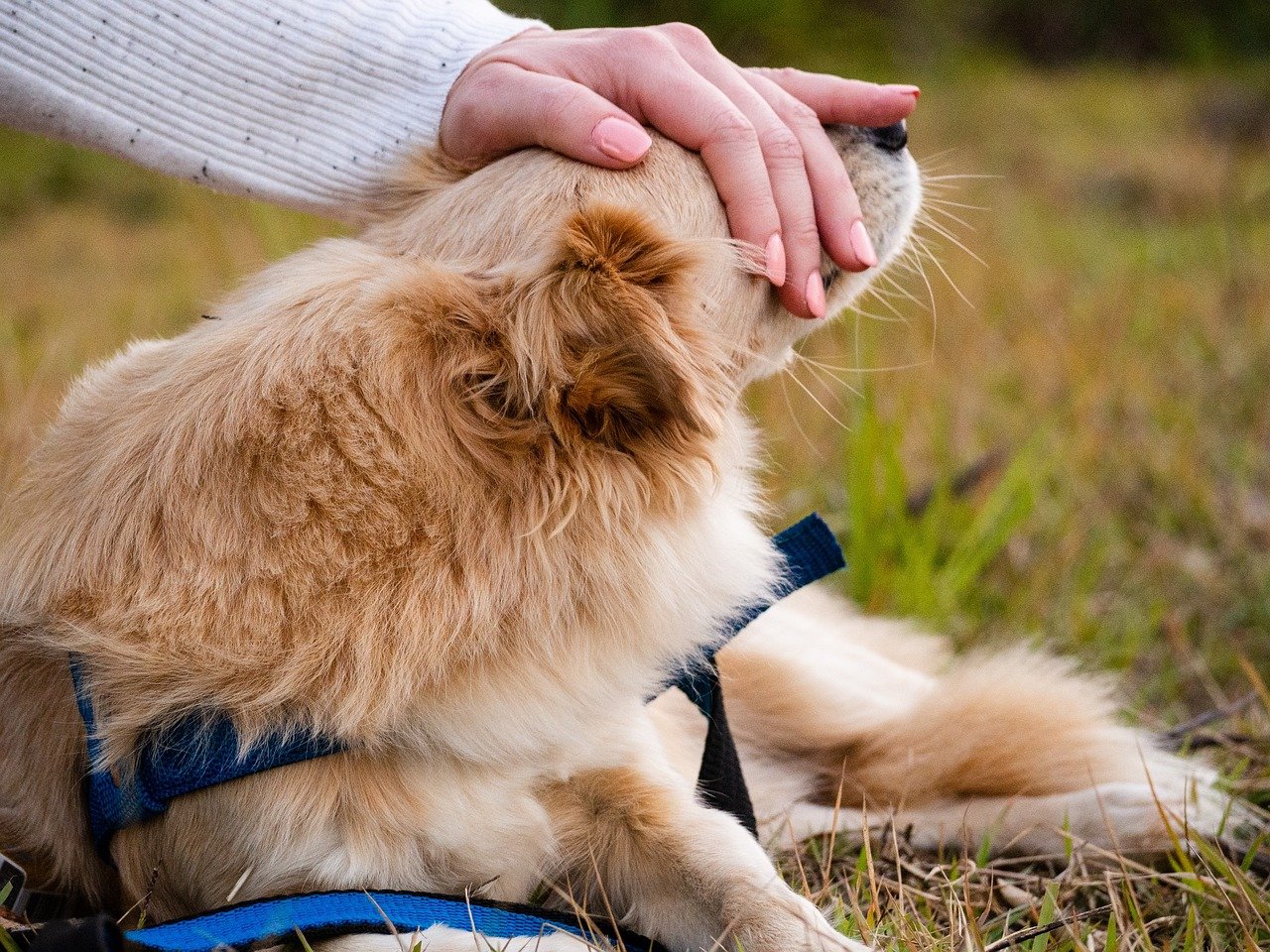
The way you physically interact with your dog can significantly impact their trust in you. Gentle handling and touch are key components in nurturing this trust. Dogs can be sensitive to rough handling, which can lead to fear and mistrust. Instead, use gentle strokes and soft touches to convey your love and care. This physical affection reassures your dog that they are safe with you. Over time, these gentle interactions will help your dog feel more comfortable and trusting in your presence.
Listening and Responding to Your Dog
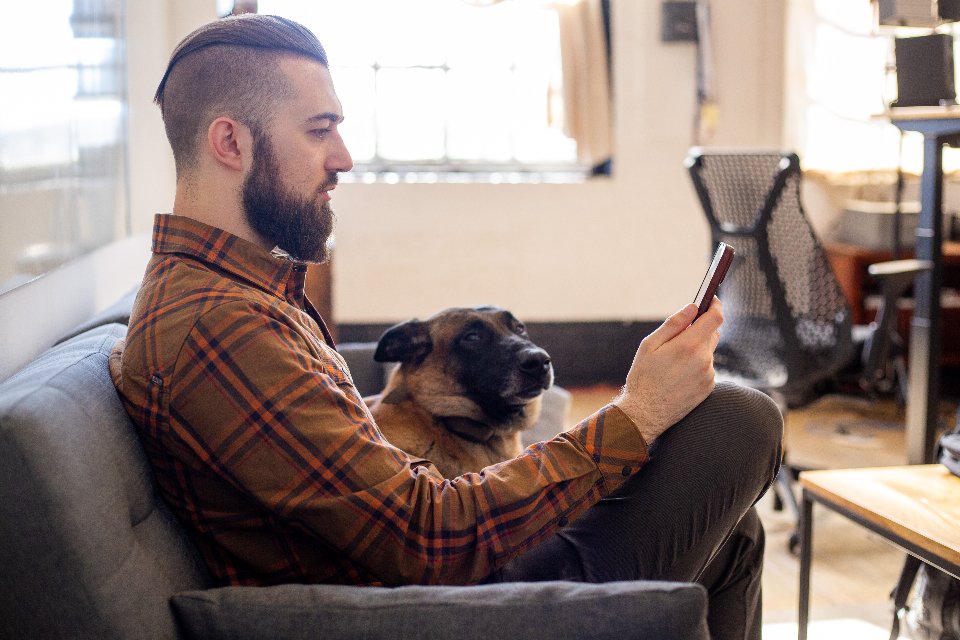
Listening to your dog means paying attention to their cues and responding appropriately. If your dog is barking at the door, they might be alerting you to a visitor. If they whine, they might need to go outside. Being attentive to these signals and responding promptly shows your dog that you value their communication. This responsiveness builds trust, as your dog learns that you are attuned to their needs and willing to meet them. It’s a simple but effective way to strengthen your bond.
Engaging in Playtime
Playtime is not just about entertainment; it’s a vital part of building trust with your dog. Engaging in interactive play helps create positive associations with you. Whether it’s a game of fetch, tug-of-war, or hide-and-seek, playtime fosters a sense of joy and companionship. It also provides an opportunity for your dog to burn off excess energy, reducing stress and anxiety. Regular playtime helps your dog see you as a source of fun and happiness, reinforcing the trust between you.
Training with Patience
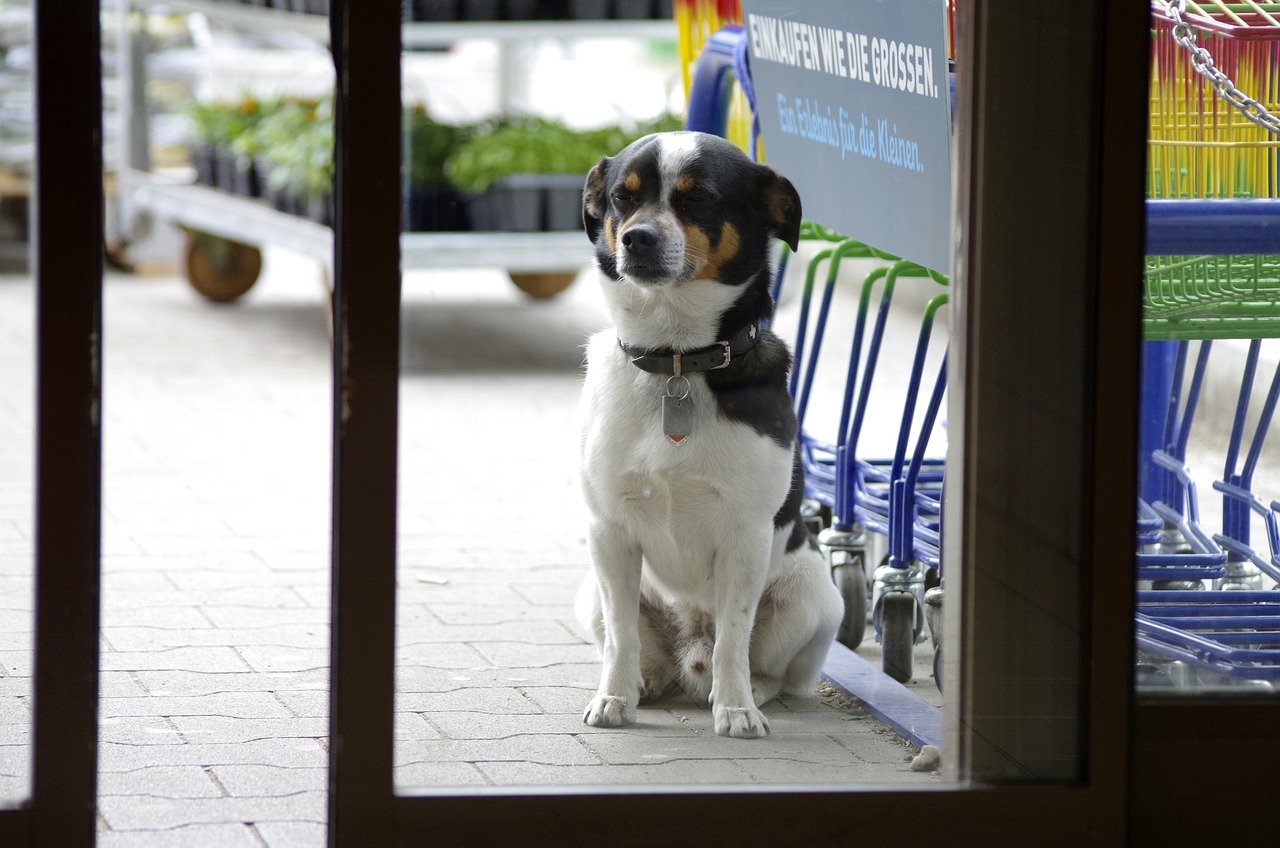
Training your dog requires patience, but it’s a rewarding process that strengthens your bond. Dogs are eager to learn, but they need time to understand new commands and behaviors. By being patient and using positive reinforcement, you create a learning environment that’s free from fear and pressure. This approach helps your dog associate training with positive experiences, making them more willing to trust and follow your guidance. Remember, patience is a virtue that pays off in the long run.
Recognizing and Addressing Your Dog’s Fears
Every dog has its unique set of fears, and recognizing these can help you build trust. Whether it’s loud noises, strangers, or other animals, acknowledging your dog’s fears and addressing them gently is crucial. Comfort your dog during these moments of anxiety and provide a safe space for them to retreat. By being their protector, you show your dog that they can rely on you when they feel vulnerable. This assurance strengthens their trust in you and helps them feel more secure.
Breaking Trust: Inconsistent Discipline

Inconsistent discipline can break the trust between you and your dog. If one day you allow a behavior and the next day you punish it, your dog will become confused and anxious. Dogs need clear boundaries and consistent rules to feel secure. Mixed signals can lead to mistrust and fear, as your dog won’t know what to expect from you. To maintain trust, set clear expectations and stick to them, ensuring your dog understands the rules.
Neglecting Your Dog’s Needs

Neglecting your dog’s needs is a surefire way to break their trust. Dogs rely on you for food, water, exercise, and affection. Failing to meet these basic needs can lead to feelings of abandonment and insecurity. When your dog trusts you to care for them and you don’t, it damages the bond you’ve worked to build. Always prioritize your dog’s well-being and make sure their needs are consistently met to maintain trust.
Using Harsh Punishment
Harsh punishment can severely damage the trust between you and your dog. Yelling, hitting, or using aggressive methods can instill fear and anxiety. Dogs do not understand punishment the way humans do, and such actions can make them afraid of you. Instead, focus on positive reinforcement and gentle correction to guide your dog’s behavior. Building trust requires kindness and patience, not fear and intimidation.
Ignoring Your Dog’s Signals

Ignoring your dog’s signals can lead to a breakdown in trust. If your dog is trying to communicate with you through body language or vocalizations, and you ignore them, they might feel unheard and frustrated. This can create a sense of disconnect between you and your dog. Always pay attention to your dog’s cues and respond appropriately to maintain a trusting relationship.
Lack of Socialization

Dogs are social animals, and lack of socialization can lead to trust issues. If your dog isn’t exposed to different environments, people, and other animals, they might become fearful and anxious. This fear can erode their trust in you as they might see you as the source of their stress. Gradually introducing your dog to new experiences helps build their confidence and strengthens the trust they have in you to keep them safe.
In conclusion, building trust with your dog is a journey that requires understanding, patience, and love. By adopting habits that foster trust and avoiding those that break it, you can create a strong and lasting bond with your furry friend. Remember, trust is the foundation of any relationship, and with it, you and your dog can enjoy a happy, harmonious life together.






